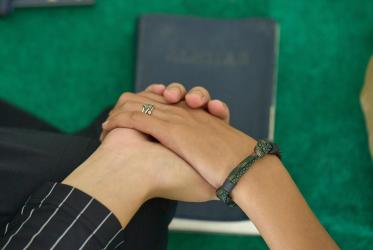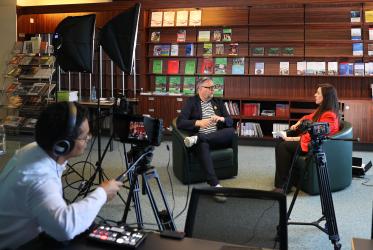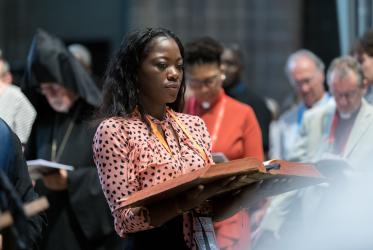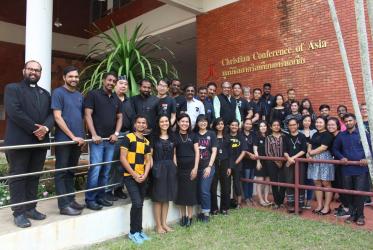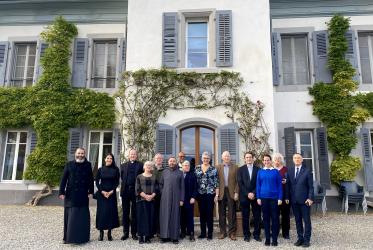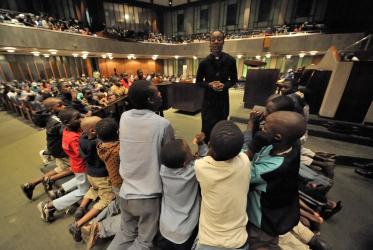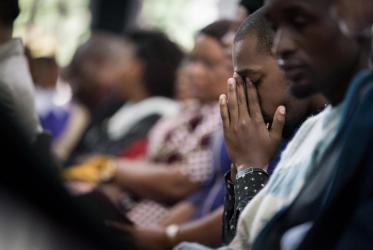Displaying 1 - 20 of 57
WCC webinar explores decolonizing beauty
11 December 2023
WCC will host consultation on evangelism and formation in Latin America
20 September 2023
WCC Eco-School for Europe and North America region
11 - 18 November 2023
Orthodox Academy of Crete, Greece
Towards a Global Vision of the Church Volume I
Explorations on Global Christianity and Ecclesiology, Faith and Order Paper 234
14 November 2022
Migrants in Argentina find listening ears and open hearts
04 November 2022
